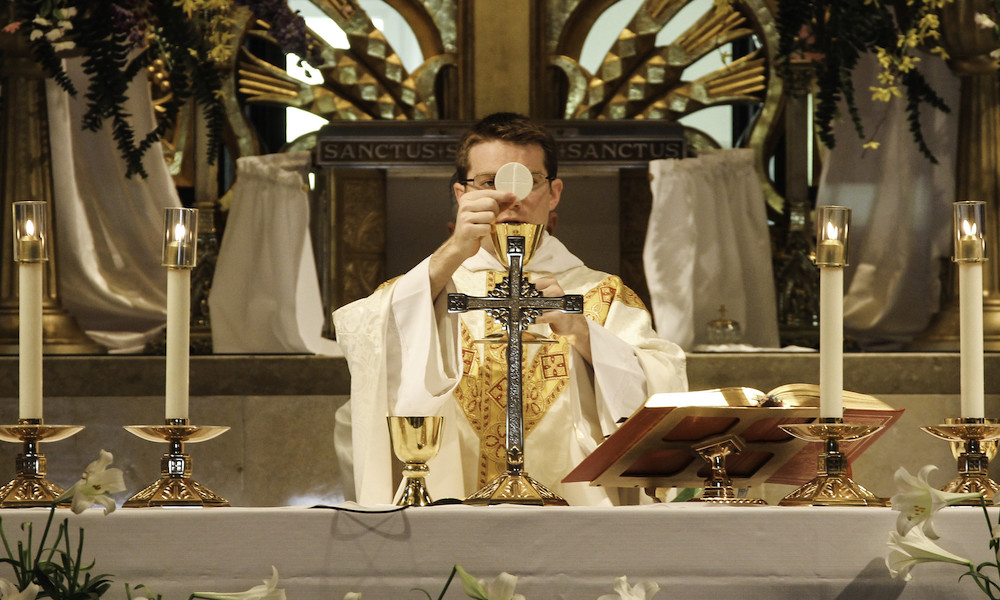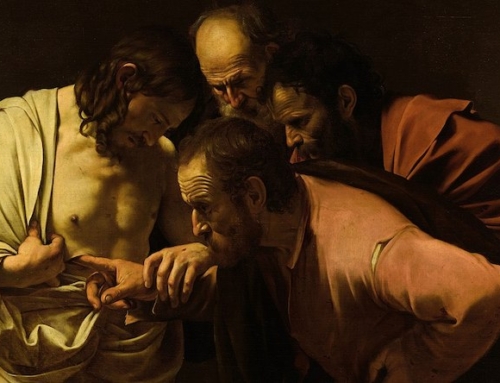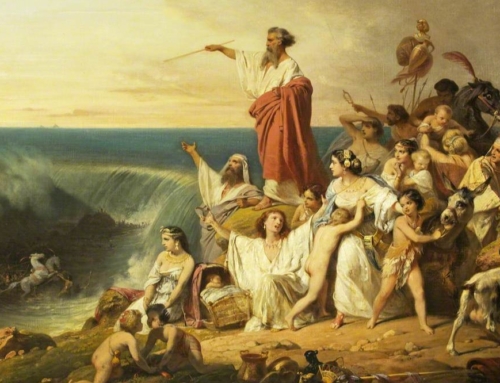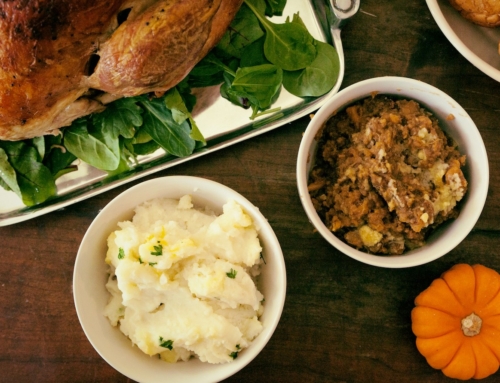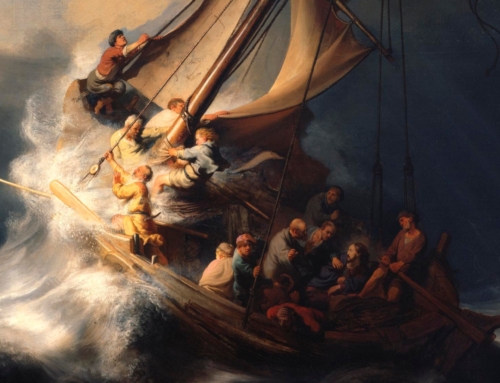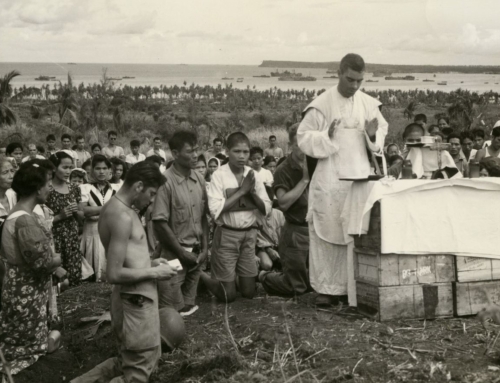Food goes bad. That’s why we use expiration dates. Bread eventually molds. Dairy sours and fruit rots. Even the manna, the miraculous bread from heaven for the wandering Israelites, “bred worms and became foul” when they disobediently kept it overnight (Exod 16:20). Corruption, at least for ordinary food, is natural.
Because of original sin, we too suffer corruption. You and I will one day die and our bodies will decay, although we do not know when. In a sense this is also natural—like any other animal, man has a physical body that eventually falls apart. And now, by eating corruptible food, we can preserve our life on earth, but only for a time.
Eating food is, in a way, a memento mori. It reminds us that we will die.
The Eucharist reminds us of something else. When the Son of God offers us the Bread of Eternal Life, he reminds us of himself: that he has died, and that he rose gloriously on the third day. “Do this in remembrance of me.”
By his death and resurrection, Jesus has conquered death and sin. He will restore our bodies to life later, but he restores our souls, in the heavenly life of grace, now. For when we receive him in the Eucharist, we receive nothing other than our Risen Lord.
But even the Blessed Sacrament, by which Jesus himself comes to our souls, won’t last forever: one day, we will see him face to face. In heaven, we won’t be celebrating sacraments, but that is part of the plan. For now, these are the means by which we share in God’s life. By worthily receiving the Incarnate Word, whose flesh is true food and whose blood is true drink, we remain in him and are rooted in the life he shares with the Father (John 6:55–57). This life is eternal life, and the present holy banquet, in which Christ becomes our life-giving Food, must one day culminate in the eternal Wedding Feast of the Lamb. Then, there will be no corruption.
The whole Easter season is a time for us to ponder the incorruptibility Jesus won for us, the new life he promises for our bodies and souls. Yes, by a miracle, he can preserve the Sacrament that used to be bread for a few hundred years past its natural expiration date. He is God, after all. But that’s not the real marvel here. On a perfectly regular, even daily, basis, he nourishes us finite creatures as we enter into the sacrifice of the Mass and are purified by the Blood of Christ. By this gift of himself, the new Bread from Heaven, he preserves our souls in divine life and prepares even our bodies for the day of resurrection. Corruptible food supports our earthly life for a time; the Body of Christ lifts us up to eternal life.
✠
Photo by Fr. Lawrence Lew, O.P. (used with permission)

